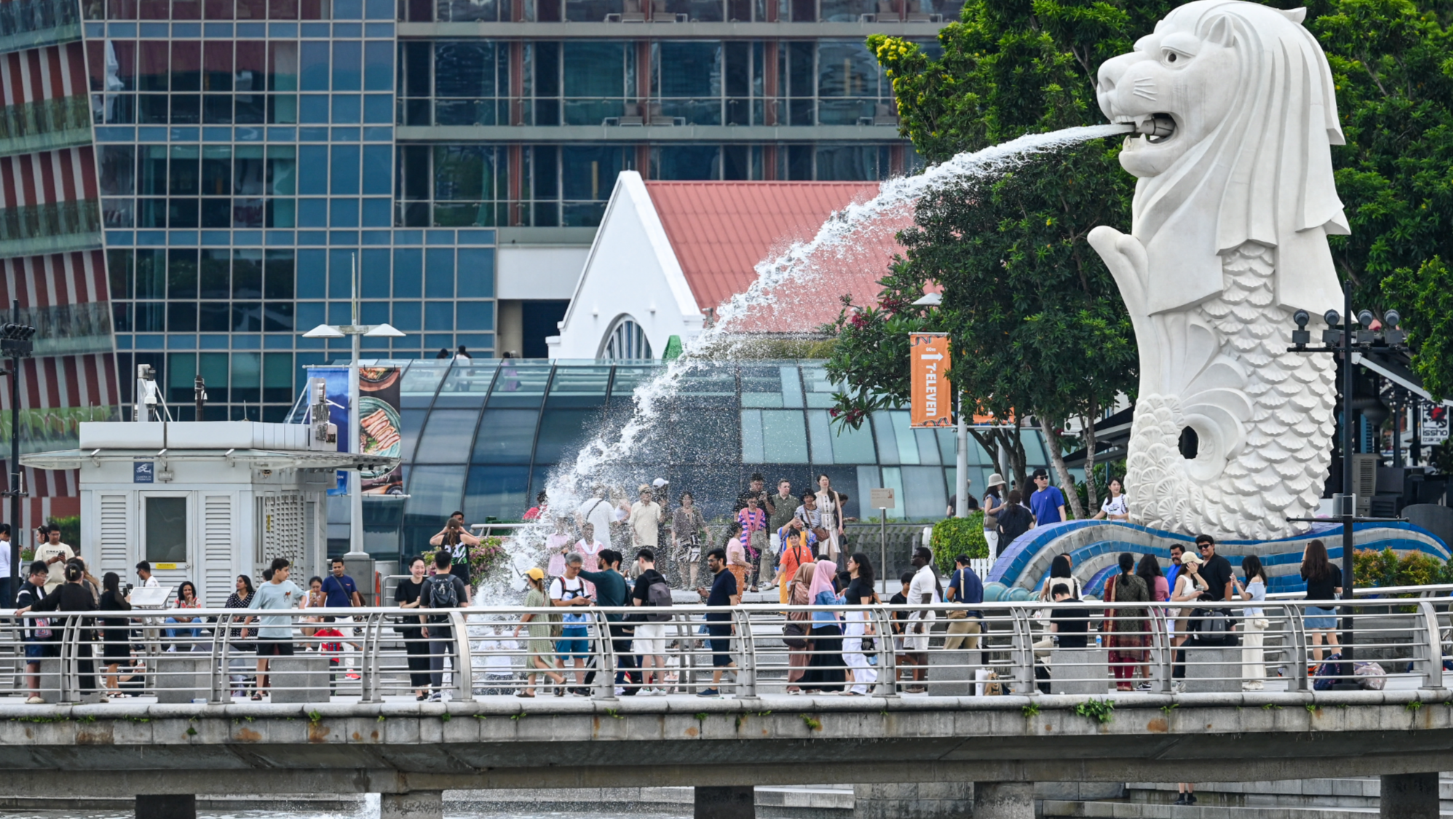
Singapore introduced fresh measures to tame housing prices, in a surprise hit to a market that was coming under pressure from renewed economic risks.
The government raised the stamp duty for those who sell their private homes within four years, up from three, according to a joint statement from the Ministry of National Development, Ministry of Finance and Monetary Authority of Singapore late Thursday.
The holding period for homes that will incur a seller’s stamp duty will be extended to four years from three. Rates payable will rise to 16 percent from 12 percent within the first year. The changes take effect for all private residential properties purchased from Friday.
Shares of Singapore developers tumbled on Friday morning. City Developments Ltd slid as much as 4.7 percent, the biggest intraday decline in almost three months. UOL Group Ltd dropped more than 4 percent.
The latest move “came as a surprise to us” given the slower pace of price growth and subdued initial demand for new launches, said Citigroup Inc analyst Brandon Lee. The rationale seems targeted at speculators, a trend that could accelerate with a continued drop in mortgage rates, Lee wrote in a note.
Speculation about new curbs had mounted earlier in the year when the practice of flipping uncompleted private condominiums — known as sub-sale — renewed concerns about speculation in one of the world’s priciest property markets. Barclays Plc and Morgan Stanley were among banks that raised the prospect of new measures, including an extension of the seller’s stamp duty.
But expectations for government action subsided after economic uncertainty caused by the US’s tariff policies cooled the boom somewhat, before the market revved up for a slate of new projects in July.
“In recent years, the number of private residential property transactions with short holding periods has increased sharply,” the agencies said in the statement. “In particular, there has been a significant increase in the sub-sale of units that have not been completed.”
ALSO READ: Singapore's new anti-scam law empowers police to restrict suspected victims' bank access
New private home sales dropped to a five-month low in May. Private home prices in the city-state meanwhile climbed 0.5 percent in the second quarter from the previous three months, rising for a third straight period. The preliminary figures released earlier this week suggest Singapore’s property market remains resilient even after sales of new homes slowed in recent months.
The move is “puzzling,” said Alan Cheong, executive director of research for property consultancy Savills Plc. “Prices are already flattening so this is likely more based on vibes on the ground.” He expects new sales of condominiums to be hit further.
Singapore has sought to tackle surging property prices in recent years, prompting authorities to implement cooling measures. This included higher levies on foreign purchases in 2023 and adding curbs on public housing last year. The seller’s stamp duty, first introduced in 2010, used to apply to the fourth year, but that was eased in 2017.
Cost-of-living pressures including housing affordability were among key concerns raised by voters before a national election held in May, which delivered an increased mandate for the ruling party.
The revised levies won’t affect public housing owners as they are already subject mostly to a five-year minimum occupation period for their homes.


